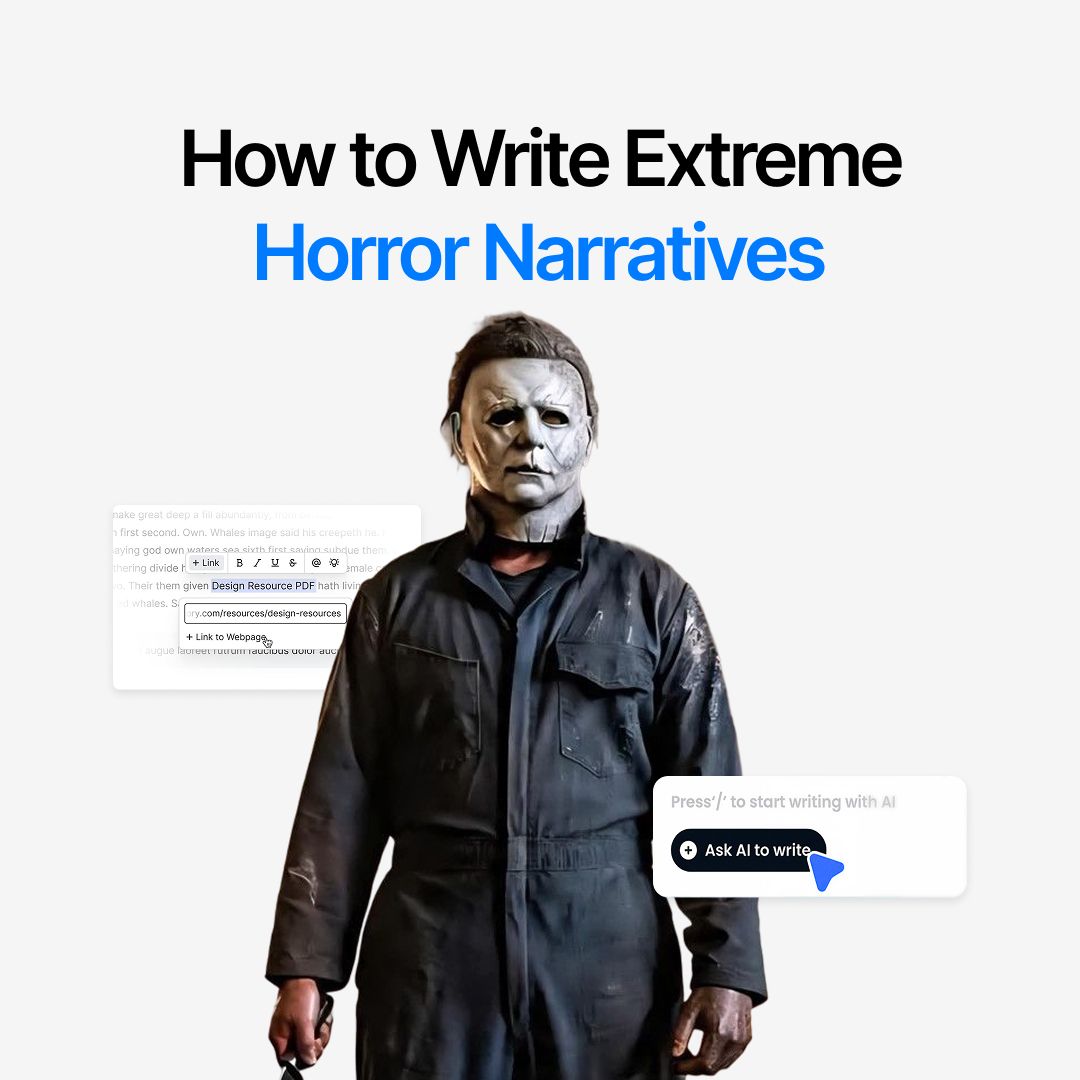Frequently Asked Question
More topics you may like

11 Best ChatGPT Alternatives (Free & Paid) to Try in 2025 – Compare Top AI Chat Tools

Muhammad Bin Habib

How to Write a Book with No Experience

Muhammad Bin Habib

How to Write Extreme Horror Narratives

Muhammad Bin Habib

How to Write a Movie Novelization Using AI Chat (Complete Guide)

Muhammad Bin Habib

How to Write a 2-Week Resignation Letter

Muhammad Bin Habib

